Michelle Grattan has been a part of the political landscape for nearly a half-century, so when she says that there has been a marked change in the nature of debate in the past few years – and not a change for the better – we should pay attention. Indeed, her introductory essay is the best part of a book which is, to put it kindly, rather ramshackle.
She is right in saying that we are living in an age where huge amounts of information are readily available, and there are more channels of communication than ever before.
But at some point this became part of the problem. If a government tries to step back from the 24/7 news cycle to think about long-term solutions to difficult problems the media space is quickly filled by the other side, or by advocacy groups, or by people claiming to be experts in something or other (they might be or they might not be, it is increasingly difficult to tell). Social media has turned into a quagmire, in which everyone has an opinion but none are particularly trustworthy.
Grattan does not mention it, but the online forum of which she is associate editor and chief political correspondent, the Conversation, is an example. The essays provided by academics and qualified researchers are usually pretty good, but anything they have to say is drowned out by the public commentary, which is generally a mix of the usual Left tripe and wacko conspiracy theories. It is no longer a platform for discussion but a nasty, shouting echo chamber.
Also rushing to fill any hint of a vacuum is a slew of minor parties, which look more and more like celebrity vehicles. They usually have received only a small number of votes but they have learned a critical lesson: outrage gets you noticed. This might not matter, except that the electoral system gives them a crucial role in the Senate. Which makes them even better grist for the media mill.
Much of the current climate of distrust goes back to the media, although Grattan does not see the journalistic profession as being able to improve the situation. She suggests: ‘If the politicians took a higher road there would be pressure, at least, on the media to follow’. Well, good luck with that.
Nevertheless, she raises some important ideas about the current situation and where it is going. Following them up would have probably made a good book. Unfortunately, most of The Knowledge Solution seems firmly stuck in the past. Ruth Barcan’s essay on right-wing populism was published in 1998, for example.
Paul Kelly’s piece, taken from his 2014 book, examines why the Rudd/Gillard/Rudd governments failed. This was interesting when it was first published but now it seems like a voice from another age. Jonathan Green’s piece on political narratives is from 2013 and seems similarly dated.
Tony Abbott contributes a piece but it is from his 2013 memoir Battlelines; it is hard to see the relevance. Gray Connolly examines the Abbott government, but it has all been heard before. Here is something that the Canberra commentariat might take a note of: out here in the real world, Abbott is no longer seen as a player. The broad view is that he had his chance and he blew it. Why the Press Gallery and the Left in general remain obsessed with him is a mystery, and is one more factor contributing to the feeling that the chattering classes are in a world of their own.
Just when you think it can’t get any worse, it does, as the book takes a left turn down memory lane.
Here is Bill Shorten meandering through the Hawke, and even the Whitlam, days. It’s all about policy, reform, and tough decisions. Says Mister Mediscare. Really, it makes one not so much laugh as snicker.
Terri Butler continues the theme, basically arguing that the ALP is wonderful and the Liberals are corrupt and satanic, and therefore Labor should be elected. Ho hum.
Greg Combet’s essay seems to have wandered in as a space-filler. It deals with James Hardie and the asbestos case. Not uninteresting in itself, but why is it in this book? Much the same can be said for Melissa Lukashenko’s 2015 essay on traditional indigenous democracy. It raises interesting points, but what has it got to do with the impact of social media and information overload on the current governing of Australia? There is the feeling that the theme has been forgotten and the book has turned into a tick-the-boxes exercise in political correctness.
The prize for misplaced nostalgia, however, must go to Gareth Evans. Although the memoir from which the piece is drawn was published in 2017, Evan’s gaze is firmly backwards, as he tells us – once again – about the wonders of the Hawke/Keating era.
This is, in fact, an idea which pops up throughout the book, and one must wonder why. Yes, there were some crucial and overdue reforms implemented at that time. But we should also remember that it was Paul Keating – still a favourite of the Canberra Press Gallery – who brought a new level of invective, division and hatred to Australian politics.
If there is a feeling in the general community that politics has become about tearing down your opponents, and that lies at the root of distrust, then Keating is where it started.
Given the subtitle of this book, there are surprisingly few ideas for change. An exception is a piece by Richard Walsh, arguing for an injection of direct democracy. Maybe, but the rancour generated by the same-sex marriage plebiscite suggests that Australians might have lost the capacity for reasoned, reasonable discussion. One might hope not, but the signs point that way.
This could have been an important book. Instead, with only a few exceptions, it is a mash-up of dated and irrelevant material. Ironically, it is a good example of the problem, but it is a long way from a solution.
Got something to add? Join the discussion and comment below.
Get 10 issues for just $10
Subscribe to The Spectator Australia today for the next 10 magazine issues, plus full online access, for just $10.
You might disagree with half of it, but you’ll enjoy reading all of it. Try your first month for free, then just $2 a week for the remainder of your first year.

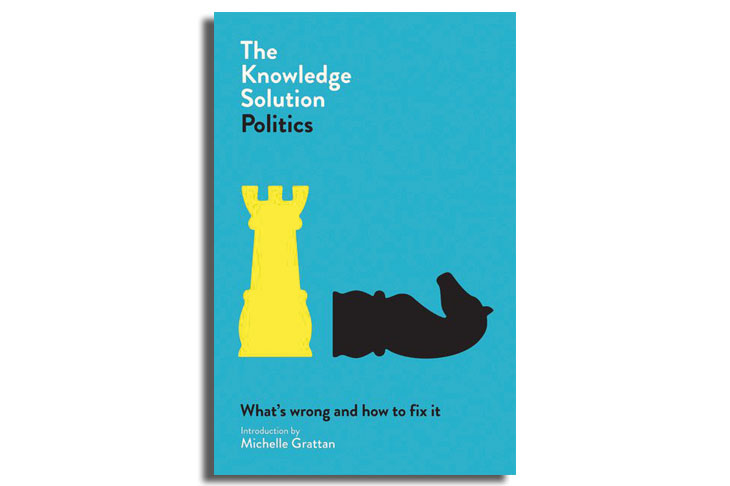
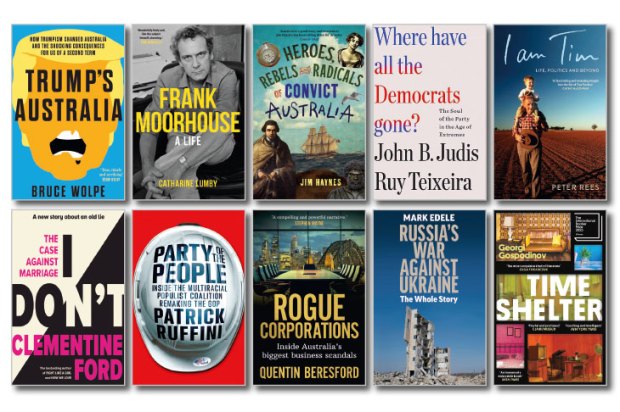
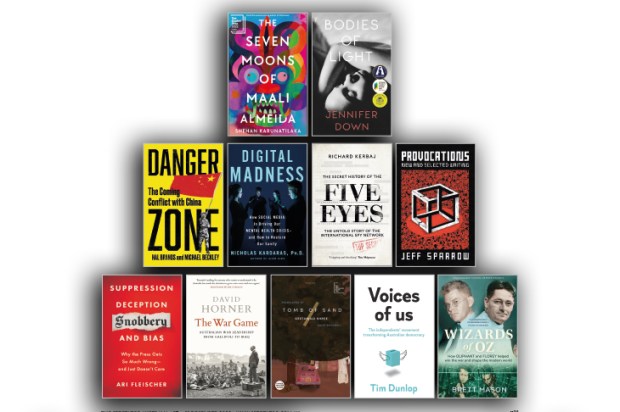
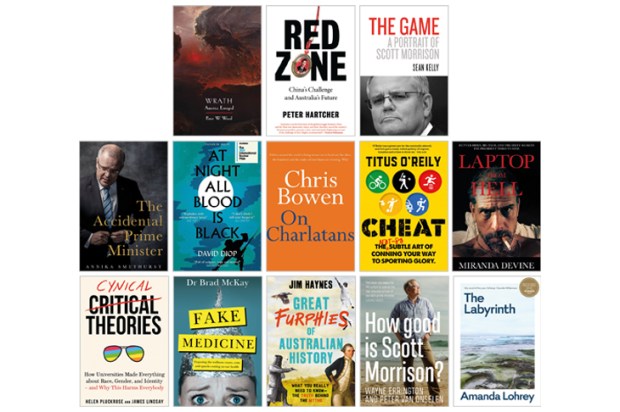
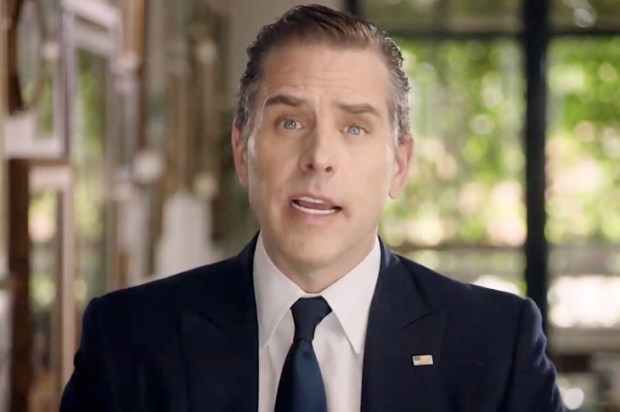
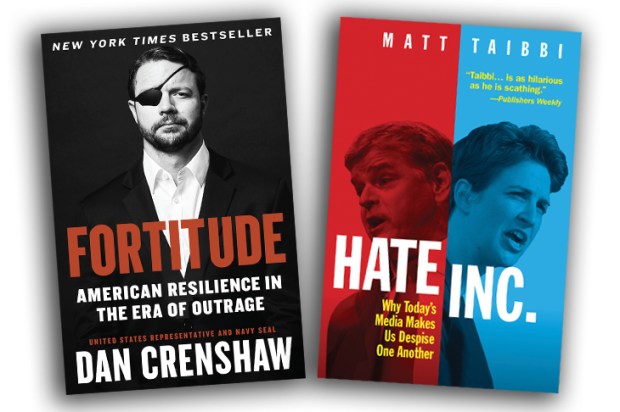
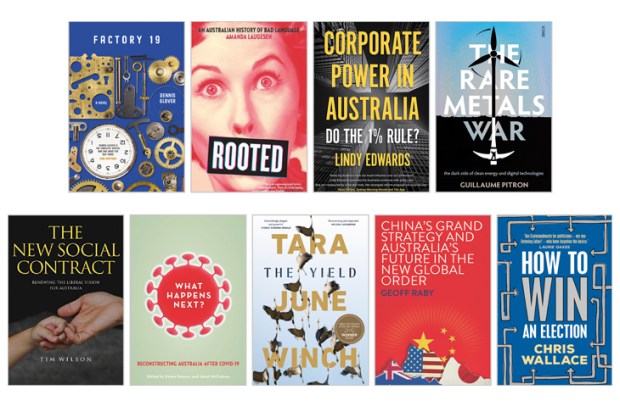






Comments
Don't miss out
Join the conversation with other Spectator Australia readers. Subscribe to leave a comment.
SUBSCRIBEAlready a subscriber? Log in